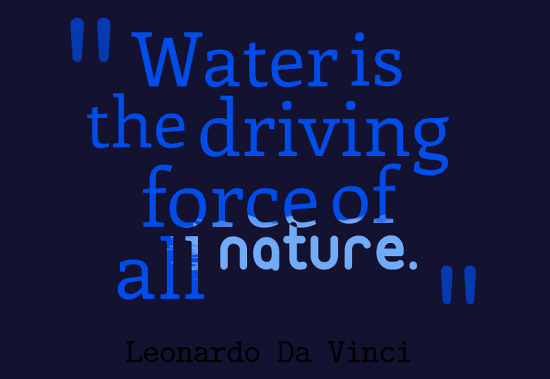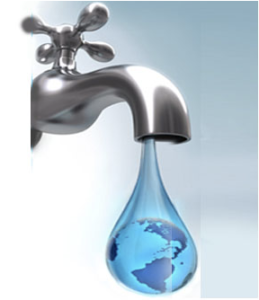A Comparison Between Plastic Bottled Water & Tap Water
Are we truly paying for safer drinking water when we buy plastic bottled water as opposed to just drinking tap water? Let us take a deeper dive into this question. Because of the bottled water hype, some people are spending 10,000 times more per gallon for bottled water than for tap. Not to mention that it requires 1.63 liters of water to make a 1 liter plastic bottle. For drought ridden states like California, and Nevada, we cannot afford to waste our precious water. Other environmental implications are that these nonbiodegradable plastic bottles are clogging up our landfills by millions of tons.
Water Regulating Agencies
There are 2 drinking water regulating agencies in the United States, each serving different purposes. The US Evironmental Protection Agency (EPA) regulates the quality of tap water to ensure its safety for consumption. All water need to be treated for consumption to remove microorganisms, disinfectants, disinfection by products, inorganic and organic chemicals, radionuclides. Otherwise it would be unhealthy to drink.
The Food and Drug Administration (FDA) oversees the safety and accurate labeling of bottled water to assure that the labeling appropriately states the source of water. Additionally, the bottling process needs to meet FDA’s sanitary and treatment standards.
Differentiation Between Tap and Bottled Water
- Each state is responsible for regulating its own bottling and selling of water. Unfortunately, only 1 in 5 states truly monitor this.
- The FDA does not require bottled water to be safer than tap.
- Most cities require tap water to be disinfected, and filtered to remove pathogens, and tested for cryptosporidium and giardia viruses (pathogens found in human and animal fecal waste). This is not a requirement of bottled water.
- Testing frequency for bacteria and organic matters are done at minimum 100 times per month for tap water, whereas it is performed once per week for bottled water.
- Because of lead pipes in old homes, the quantity of lead that can be in tap water to meet the EPA’s standards is about 1/3 more than required by the FDA for bottled water,
- About 25% of the bottled water source is from community or municipal water supplies (tap water), which may or may not be further treated
- The Natural Resources Defense Council (NRDC) found no assurance that bottled water is safer or cleaner than tap water in its 4 year study of the bottled water industry, and its safety standards.
- Recent studies suggest that phthalates have leached from the plastic of bottles and its caps into water that has been stored in bottles for 10 weeks. Phthalates can affect hormone and testosterone production.
So ask yourselves if bottled water is really worth the expense in purchasing, when it is not really required to be safer than tap, and sometimes come from tap water itself. Not to mention, the manufacturing of plastic bottles requires more water to produce it. Thus wasting our limited water supply. A more economical, and water conservation solution would be to use tap water with a filtration system certified by the National Sanitation Foundation. Let us do our part to conserve water as much as possible, and save our environment.



Got Something To Say: